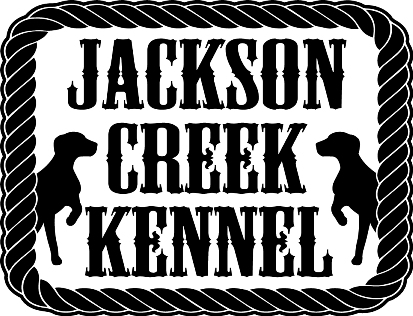Growing Pudelpointer puppies are bundles of energy, curiosity, and potential. As responsible puppy parents, you must ensure they get the right nutrition, which is crucial for their development and health.
Today, we’re getting into some of the best nutrition tips for growing Pudelpointer puppies, so let’s get right to it!
1. Choose High-Quality Puppy Food
Start with a high-quality, balanced puppy food that is specifically formulated for large-breed puppies. Look for brands that list meat as the first ingredient and avoid those with fillers like corn and soy.
Key Ingredients to Look For
Protein: Vital for muscle development. Opt for food with at least 22-28%protein content.
Fats: Essential for energy and coat health. Aim for 8-12% fat content.
Calcium and Phosphorus: Crucial for bone growth. Ensure balanced levels to prevent skeletal issues.
2. Follow a Regular Feeding Schedule
Establishing a feeding routine helps regulate your puppy’s digestion and energy levels. For Pudelpointer puppies, feed them three times a day until they are about six months old, then transition to two meals daily.
Example Feeding Schedule
Morning: 7.00 AM
Midday: 12:00 PM
Evening: 6.00 PM
Note: Your feeding time might differ from the above example and that’s not a concern. However, it’s important to maintain a consistent schedule!
3. Portion Control is Crucial
Overfeeding can lead to obesity and skeletal problems in large-breed puppies. Use the feeding guidelines on the puppy food packaging as a starting point, but adjust portions based on your puppy’s activity level and growth.
Tip: Regularly check your puppy’s body condition. You should be able to feel their ribs but not see them prominently.
4. Hydration is Key
Always provide fresh, clean water for your Pudelpointer puppy. Hydration is crucial for digestion, nutrient absorption, and overall health. Ensure water bowls are cleaned daily to prevent bacterial growth.
5. Monitor Growth and Adjust Diet
Pudelpointer puppies grow rapidly. Regularly monitor weight and growth. If your puppy is gaining too much weight too quickly, consult your vet to adjust their diet.
Growth Milestones
4 months: 50% of adult weight
6 months: 75% of adult weight
12-18 months: Reaches adult size
6. Avoid Harmful Foods
Certain human foods can be toxic to dogs. Keep your Pudelpointer puppy away from:
- Chocolate
- Grapes and raisins
- Onions and garlic
- Alcohol
- Caffeine
Safe Treat Alternative:s
- Carrot sticks
- Apple slices (remove seeds)
- Plain, cooked rice
7. Supplements: Are They Necessary?
If you’re feeding a well-balanced puppy food, additional supplements may not be necessary. However, in some cases, your vet might recommend supplements like omega-3 fatty acids for coat health or glucosamine for joint support.
8. Transitioning into Adult Food
Around the age of 12-18 months, begin transitioning your Pudelpointer puppy adult dog food. Do this gradually over a week to avoid digestive upset. Start by mixing a small amount of adult food with their puppy food and gradually increase the adult food portion.
Transition Schedule:
Day 1-2: 75% puppy food, 25% adult food
Day 3-4: 50% puppy food, 50% adult food
Day 5-6: 25% puppy food, 75% adult food
Day 7: 100% adult food.
9. Consult Your Veterinarian
Regular vet visits are crucial. Your vet can provide tailored advice based on your puppy’s specific needs, growth rate, and any health concerns. They can also help you create a balanced diet plan and recommend any necessary dietary adjustments.
10. Balance Is Important!
Puppies, like adult dogs, need six essential nutrients for good health: water, protein, fat, carbohydrates, minerals, and vitamins. “Complete” puppy food should have all these, except water which should be available separately. The pet food label will show if it provides “complete and balanced nutrition” for growing puppies.
Although fat, protein, and calcium are often highlighted in puppy foods, every essential nutrient is important, especially during the rapid growth phase. Deficiencies in any essential nutrient can impact short-term or long-term health.
It’s crucial to provide a well-rounded diet for growing puppies for several reasons. The potential issues that may arise from an unbalanced nutrient intake:
- Insufficient zinc levels may result in weakened immune function and skin irregularities.
- Inadequate protein intake can lead to stunted growth, compromised immunity, and heightened vulnerability to various stressors and infectious agents.
- Maintaining the right balance of calcium and phosphorus is especially crucial for large-breed dogs, as an excess or deficiency can lead to skeletal problems.
Providing the right nutrition for your Pudelpointer puppy sets the foundation for a healthy and active life.
Whether you need someone to care for your dog while you’re on vacation or if you’re interested in bringing home a new Pudelpointer pup, don’t hesitate to contact Jackson Creek Kennel today.
.

Leave a Reply